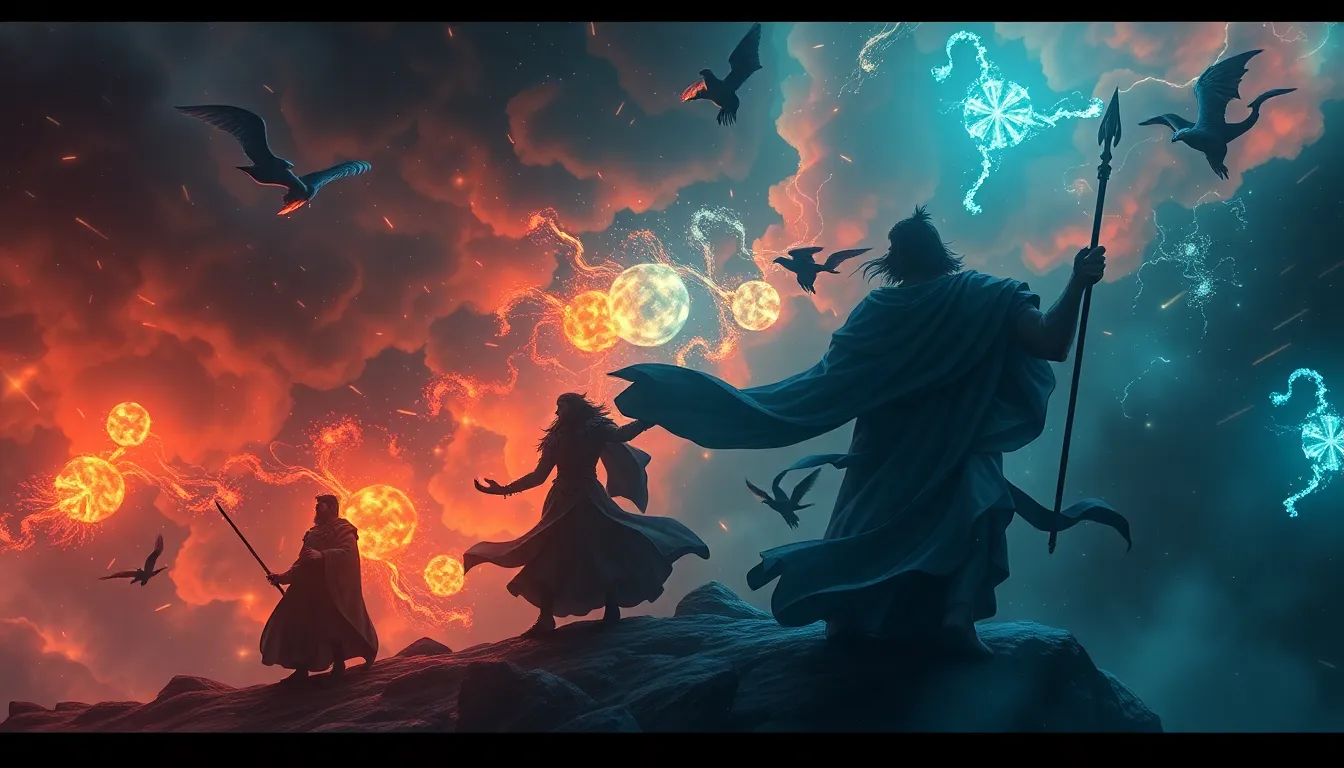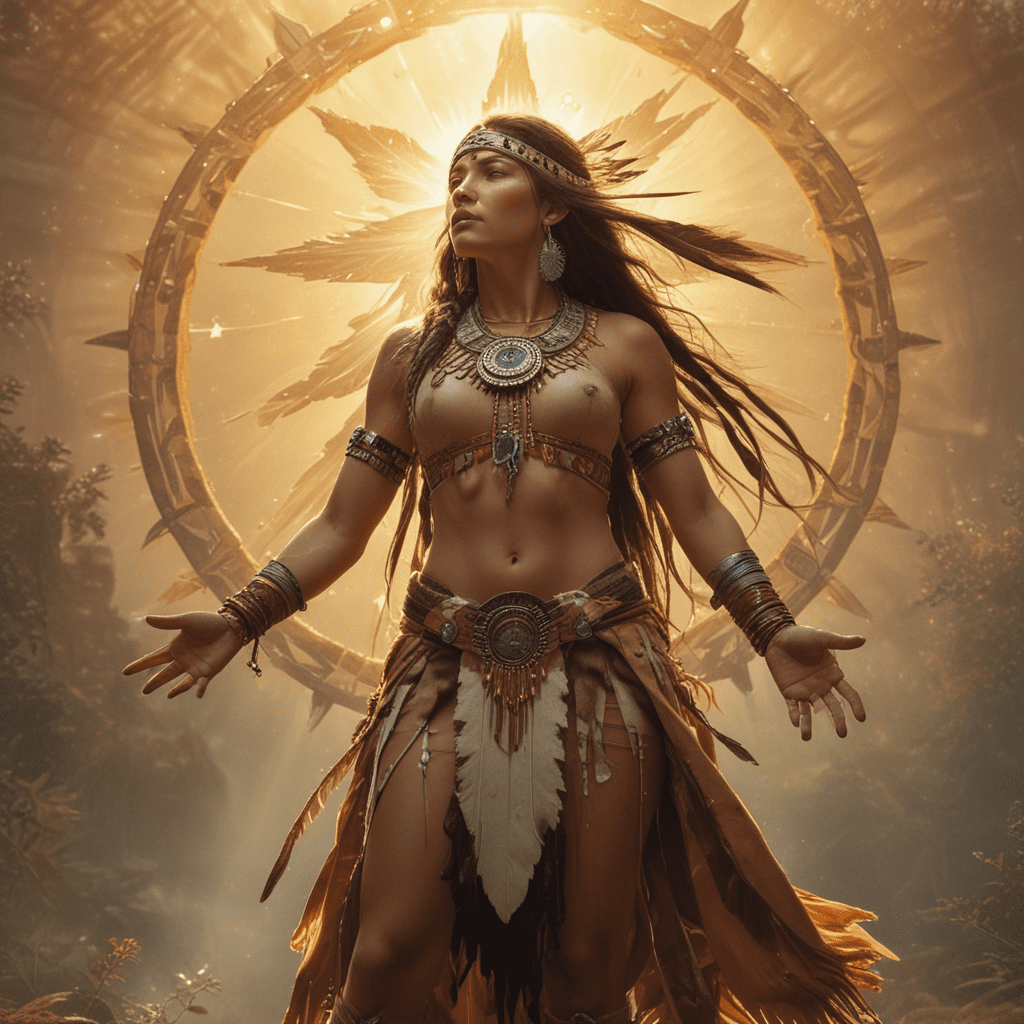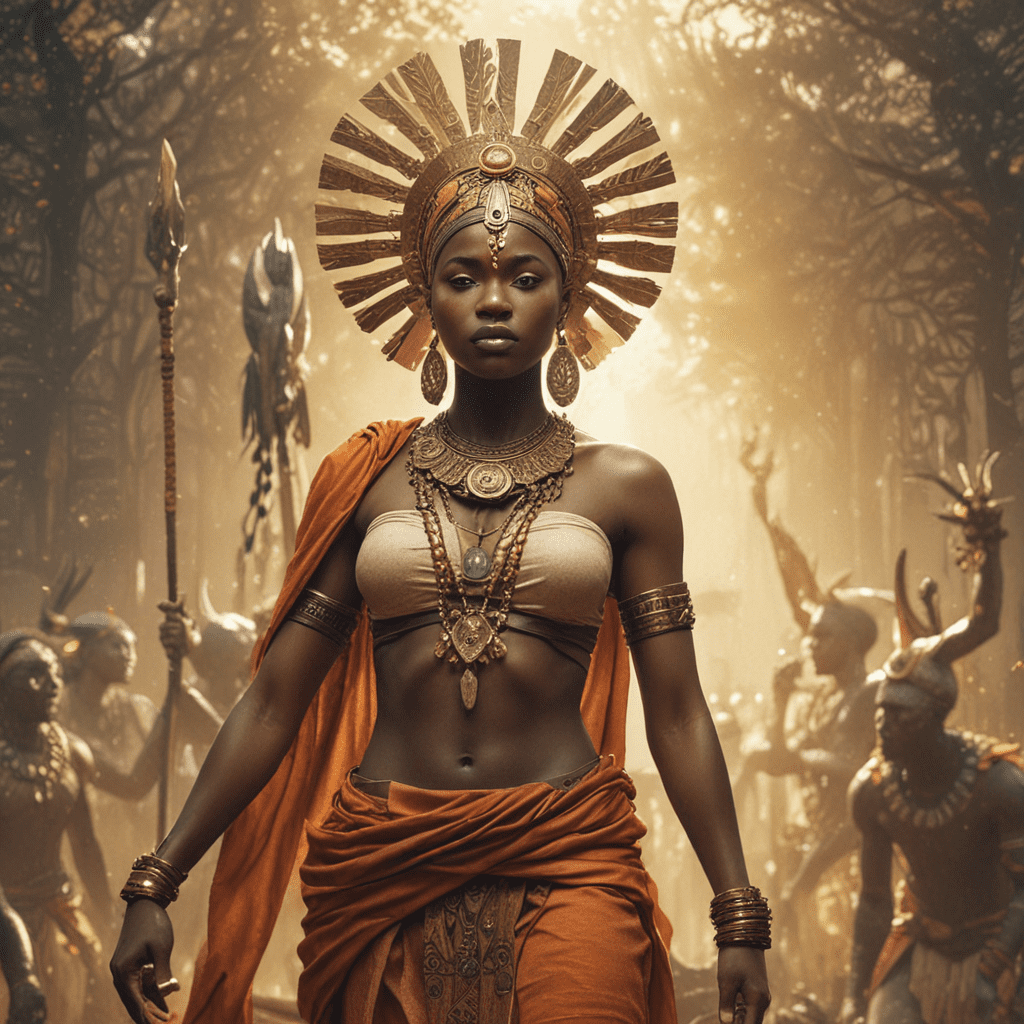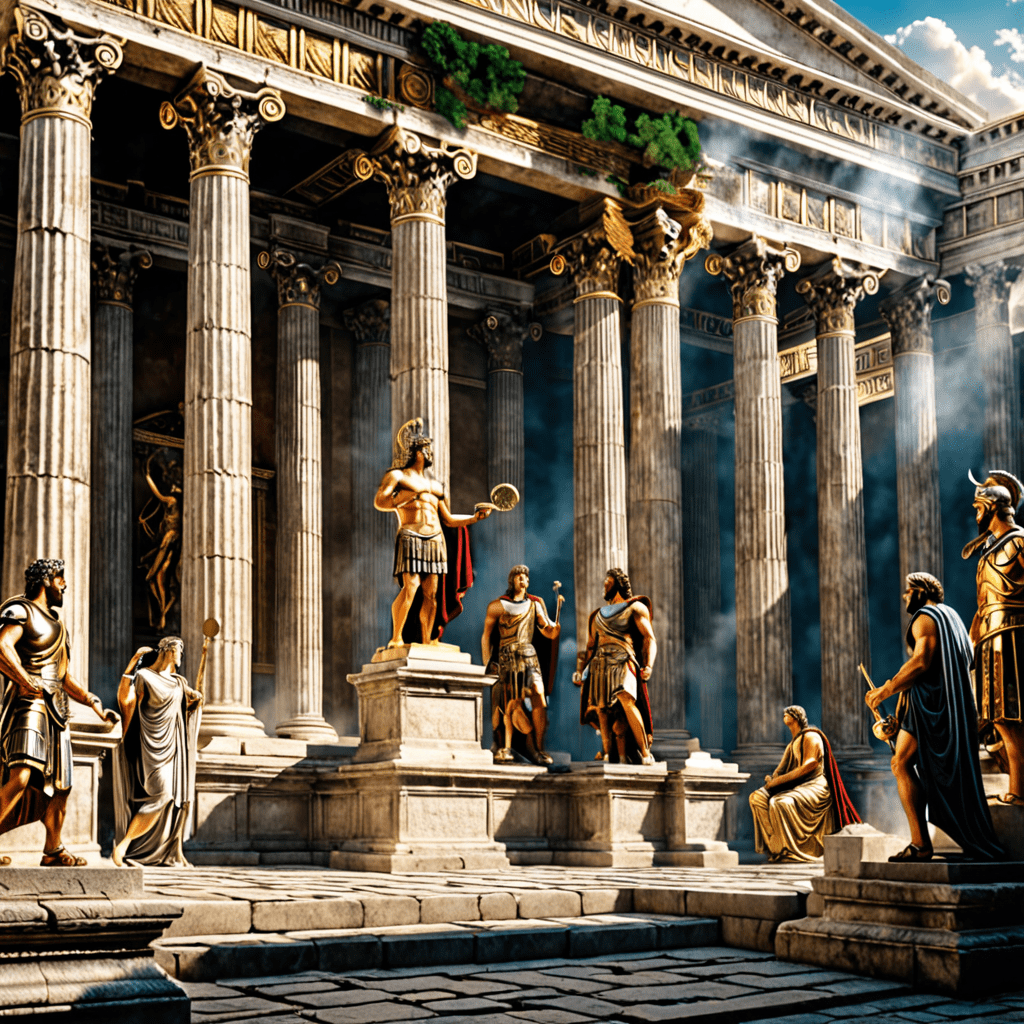The Mythical Journeys of Cultural Heroes
I. Introduction to Cultural Heroes
Cultural heroes are figures that embody the values, beliefs, and aspirations of a society. They often embark on epic quests that symbolize the struggles and triumphs of their culture. The importance of these heroes in mythology and society cannot be overstated; they serve as role models, exemplifying virtues such as courage, resilience, and sacrifice. This article will explore the concept of the hero’s journey, the prominent cultural heroes across various cultures, and how these narratives shape our understanding of identity and values.
II. The Concept of the Hero’s Journey
The Hero’s Journey is a narrative framework popularized by Joseph Campbell in his book “The Hero with a Thousand Faces.” This framework outlines the stages that a hero typically undergoes in their journey.
A. Explanation of the Hero’s Journey framework
The Hero’s Journey is characterized by a series of stages that include the call to adventure, the crossing of the threshold, the initiation, and the return. Each stage represents a critical part of the hero’s transformation.
B. Key stages of the Hero’s Journey
- The Call to Adventure: The hero receives a challenge or quest.
- Crossing the Threshold: The hero leaves their ordinary world behind.
- Initiation: The hero faces trials, meets mentors, and undergoes transformation.
- The Return: The hero returns home with newfound wisdom or power.
C. Cultural variations in the hero’s journey narrative
While the Hero’s Journey is a universal concept, its manifestations vary across cultures. For instance, the journey of Odysseus in Greek mythology differs significantly from the trials of Gilgamesh in Mesopotamian lore. Cultural context influences the hero’s motivations, challenges, and ultimate goals.
III. Prominent Cultural Heroes Across Cultures
Various cultures have produced notable heroes whose stories reflect their unique values and beliefs.
A. Overview of notable cultural heroes
- Hercules: A demigod known for his strength and twelve labors.
- Odysseus: The clever hero of “The Odyssey,” known for his intelligence and resourcefulness.
- King Arthur: The legendary king of Britain, symbolizing chivalry and justice.
B. Regional heroes
- Anansi: The trickster spider from African folklore.
- Gilgamesh: The epic hero of ancient Mesopotamia, known for his quest for immortality.
- Beowulf: The hero of the Old English epic who fights against monsters and dragons.
C. The role of cultural context in shaping hero narratives
Each hero’s story is deeply rooted in the cultural context from which it arises. The values, struggles, and triumphs depicted in their journeys reflect the society’s collective identity and moral framework.
IV. Themes and Symbols in Heroic Journeys
Heroic journeys often explore profound themes and symbols that resonate with audiences across generations.
A. Common themes
- Sacrifice: Heroes often face difficult choices that demand personal sacrifice.
- Transformation: The hero typically undergoes significant personal growth.
- Identity: The journey often involves a search for the hero’s true self.
B. Symbolism in the journey
Various symbols recur throughout heroic narratives, including:
- The Road: Represents the journey of life and the path to self-discovery.
- The Threshold: Signifies the point of no return, where the hero enters the unknown.
- Mentors: Figures who guide and support the hero through their trials.
C. The significance of trials and tribulations
Trials and tribulations are critical for the hero’s development. They challenge the hero, forcing them to confront their fears and limitations, ultimately leading to personal growth and enlightenment.
V. The Role of Myth in Society
Myths play a crucial role in reflecting and shaping cultural values and beliefs. They serve as vehicles for teaching and reinforcing societal norms.
A. Myths as a reflection of cultural values and beliefs
Myths often encapsulate the ideals of a culture, illustrating what is considered virtuous or honorable. They can provide insight into the values that a society holds dear.
B. How mythical journeys influence societal norms and behaviors
The narratives of cultural heroes can influence societal behaviors, providing models for conduct and ethics. For instance, the valor of heroes can inspire individuals to act with bravery and integrity.
C. The educational role of myths in passing down traditions
Myths serve an educational function, passing down traditions, morals, and cultural history from one generation to the next. They create a shared understanding of identity and community.
VI. Case Study: The Journey of Odysseus
One of the most celebrated cultural heroes is Odysseus, whose journey in “The Odyssey” serves as a profound exploration of the hero’s journey.
A. Overview of Odysseus as a cultural hero
Odysseus is not only a warrior but also a thinker, known for his cunning and intelligence. His journey home from the Trojan War is fraught with challenges that test his character and resolve.
B. Analysis of his journey in “The Odyssey”
Odysseus encounters various trials, including confrontations with mythical creatures, temptations, and the wrath of gods. Each challenge reveals different facets of his character, from leadership to humility.
C. Lessons learned from Odysseus’ challenges and growth
Odysseus’ journey teaches valuable lessons about perseverance, the importance of home and family, and the necessity of wisdom in leadership. His ultimate return symbolizes the fulfillment of the hero’s journey.
VII. The Evolution of Cultural Heroes in Modern Storytelling
The concept of cultural heroes has evolved significantly from ancient myths to contemporary narratives, reflecting changes in society and values.
A. Transition from ancient myths to contemporary narratives
Modern storytelling often reinterprets traditional heroic archetypes, adapting them to contemporary contexts and issues.
B. Examples of modern cultural heroes in literature and film
- Harry Potter: A young wizard who embodies the struggle against evil.
- Wonder Woman: A symbol of female empowerment and strength.
- Katniss Everdeen: The reluctant hero of “The Hunger Games,” representing resilience and rebellion.
C. The impact of technology and globalization on hero narratives
Technology and globalization have broadened the scope of heroic narratives, allowing for diverse interpretations and representations of heroism across cultures.
VIII. Critiques and Reinterpretations of Heroic Journeys
Contemporary critiques of heroic narratives often focus on inclusivity and representation, challenging traditional notions of heroism.
A. Feminist and post-colonial perspectives on traditional heroes




